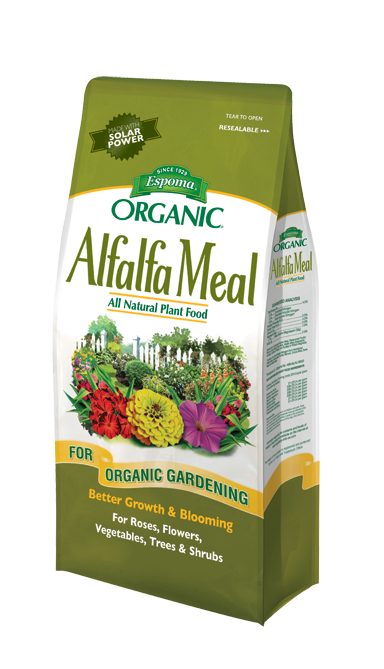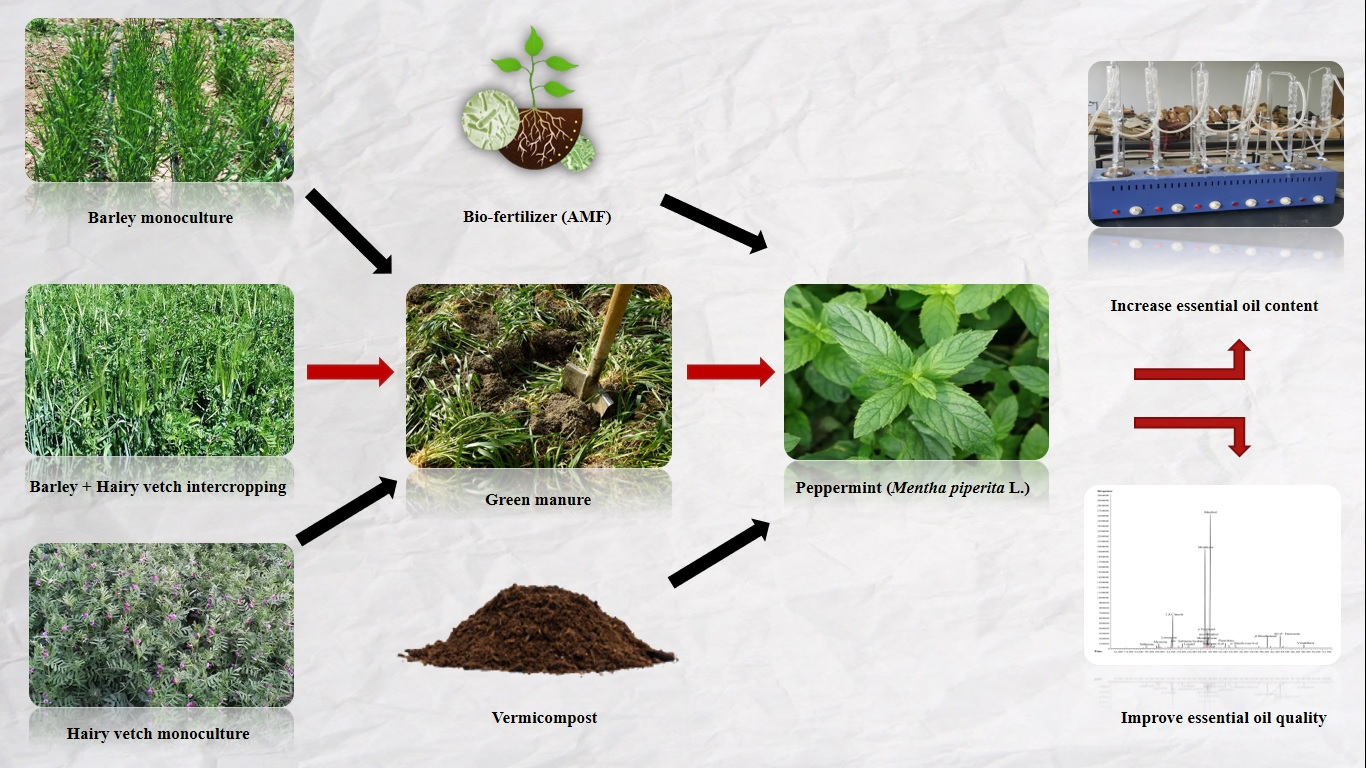How To Boost Your Soil Health With Organic Fertilizer
Introduction
Soil is the foundation of our food system. It provides the nutrients that plants need to grow, and it also helps to regulate the water cycle and prevent erosion. However, soil health is declining around the world due to a number of factors, including over-cultivation, nutrient depletion, and pollution.
One way to improve soil health is to use organic fertilizer. Organic fertilizers are made from plant and animal materials, and they provide a slow-release source of nutrients that helps to build soil organic matter. Organic fertilizers also improve the physical and biological properties of soil, which can lead to better plant growth and yields.
In this blog post, we will discuss the benefits of using organic fertilizer and how to choose the right type of fertilizer for your needs. We will also provide some tips on how to apply organic fertilizer effectively.
Benefits of Organic Fertilizer
There are many benefits to using organic fertilizer, including:
- Improves soil health: Organic fertilizers help to build soil organic matter, which is essential for healthy soil. Soil organic matter improves the physical and biological properties of soil, which can lead to better plant growth and yields.
- Provides a slow-release source of nutrients: Organic fertilizers release nutrients slowly over time, which helps to prevent nutrient leaching and runoff. This is important for protecting water quality.
- Enhances plant growth and yields: Organic fertilizers can help to improve plant growth and yields. This is because they provide a balanced source of nutrients that plants need to thrive.
- Improves soil structure: Organic fertilizers help to improve the structure of soil, which makes it easier for water and air to penetrate. This can help to reduce erosion and improve drainage.
- Promotes soil biodiversity: Organic fertilizers help to promote soil biodiversity, which is important for a healthy ecosystem. Soil microbes and other organisms help to break down organic matter and release nutrients into the soil.
Choosing the Right Organic Fertilizer
There are many different types of organic fertilizers available, so it is important to choose the right type for your needs. Some factors to consider include the type of plants you are growing, the condition of your soil, and your budget.
If you are growing vegetables, you will need a fertilizer that is high in nitrogen. If you are growing flowers, you will need a fertilizer that is high in phosphorus. If you are not sure what type of fertilizer to choose, you can consult with a local nursery or garden center.
Applying Organic Fertilizer
The best time to apply organic fertilizer is in the fall or early spring. This will give the fertilizer time to break down before the growing season begins.
To apply organic fertilizer, you will need to spread it evenly over the soil surface. You can use a broadcast spreader or a hand-held spreader. Be sure to follow the directions on the fertilizer label.
Conclusion
Organic fertilizer is a great way to improve soil health and boost plant growth. There are many different types of organic fertilizers available, so you can choose the right type for your needs. When applying organic fertilizer, be sure to follow the directions on the label.
By following these tips, you can help to improve the health of your soil and grow healthy, productive plants.
Organic soil fertilizer is a great way to improve the health of your soil and your plants. It can help to increase yields, improve the quality of your produce, and reduce your reliance on synthetic fertilizers.
If you're interested in learning more about organic soil fertilizer, I recommend visiting Home Gardening. This website has a wealth of information on the topic, including articles, product reviews, and a helpful FAQ section.
FAQ of organic soil fertilizer
- What are the benefits of using organic soil fertilizer?
Organic soil fertilizer has many benefits over synthetic fertilizers, including:
* It is better for the environment. Organic fertilizers do not release harmful chemicals into the soil or water, and they can help to improve soil quality over time.
* It is better for plants. Organic fertilizers provide plants with the nutrients they need in a balanced way, and they can help to improve plant health and resistance to pests and diseases.
* It is better for you. Organic fertilizers are made from natural materials, so they are safe to use around children and pets.
- What are the different types of organic soil fertilizer?
There are many different types of organic soil fertilizer, including:
* Compost: Compost is made from decomposed plant and animal matter. It is a slow-release fertilizer that is rich in nutrients.
* Manure: Manure is a fertilizer made from the excrement of animals. It is a high-nitrogen fertilizer that can be used to boost plant growth.
* Bone meal: Bone meal is a fertilizer made from ground bones. It is a high-phosphorus fertilizer that can help to promote root growth.
* Seaweed extract: Seaweed extract is a fertilizer made from seaweed. It is a high-potassium fertilizer that can help to improve plant health.
- How do I use organic soil fertilizer?
The best way to use organic soil fertilizer depends on the type of fertilizer you are using and the type of plants you are growing. However, there are some general guidelines that you can follow:
* Always read the instructions on the fertilizer label before using it.
* Apply the fertilizer to the soil around the plants, not directly to the plant stems or leaves.
* Water the fertilizer in after you apply it.
* You may need to reapply the fertilizer throughout the growing season.
- What are the drawbacks of using organic soil fertilizer?
Organic soil fertilizer has some drawbacks, including:
* It can be more expensive than synthetic fertilizers.
* It can take longer to see results.
* It may not be as effective in some cases.
Image of organic soil fertilizer
- Composted manure. This is a great all-purpose fertilizer that can be made from any type of animal manure. It is high in nitrogen, phosphorus, and potassium, and it also contains beneficial microbes that help to improve soil health.

- Compost. Compost is made from a variety of organic materials, such as food scraps, yard waste, and paper products. It is a slow-release fertilizer that is high in nutrients and beneficial microbes.

- Worm castings. Worm castings are the excrement of earthworms. They are a very high-quality fertilizer that is high in nutrients and beneficial microbes.

- Kelp meal. Kelp meal is made from seaweed. It is a good source of nitrogen, potassium, and other minerals. It also contains beneficial plant hormones that help to promote plant growth.

- Blood meal. Blood meal is made from dried blood. It is a high-nitrogen fertilizer that is also a good source of phosphorus.

- Fish meal. Fish meal is made from dried fish. It is a high-nitrogen fertilizer that is also a good source of phosphorus and other minerals.
- Alfalfa meal. Alfalfa meal is made from dried alfalfa. It is a good source of nitrogen, phosphorus, and potassium. It also contains beneficial plant hormones that help to promote plant growth.

- Green manure. Green manure is a crop that is grown specifically to be turned under into the soil. It helps to improve soil health and add nutrients to the soil.

- Municipal biosolids. Municipal biosolids are the solids that are removed from wastewater treatment plants. They are a good source of nutrients and beneficial microbes.


Post a Comment for "How To Boost Your Soil Health With Organic Fertilizer"